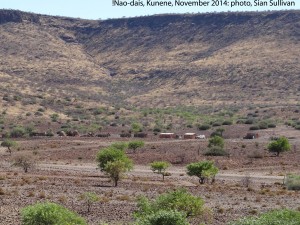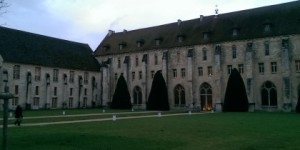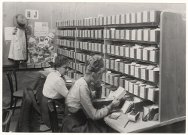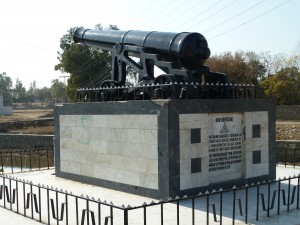Professor Sian Sullivan, Bath Spa University
PI of Future Pasts
With Mike Hannis (BSU), Angela Impey (SOAS), Chris Low (BSU) and Rick Rohde (Edinburgh)
Perhaps inappropriately for a blog on ‘Debating Time’, I am late in submitting a post to introduce Future Pasts. My excuse is that the invitation to contribute a post was sent when I was living in west Namibia, some distance from internet access – at the settlement in this photo.
This is a place called !Nao-dais in Damara/≠Nū Khoen gowab (language), and Otjerate in oshiHerero. The family of Suro, the Damara woman with whom I have worked on and off for twenty years, have herded livestock at !Nao-dais for decades. Currently they are joined by a Himba pastoralist family from Kaokoveld to the north of this area, who inhabit the cluster of huts to the left of this image. Continue reading









